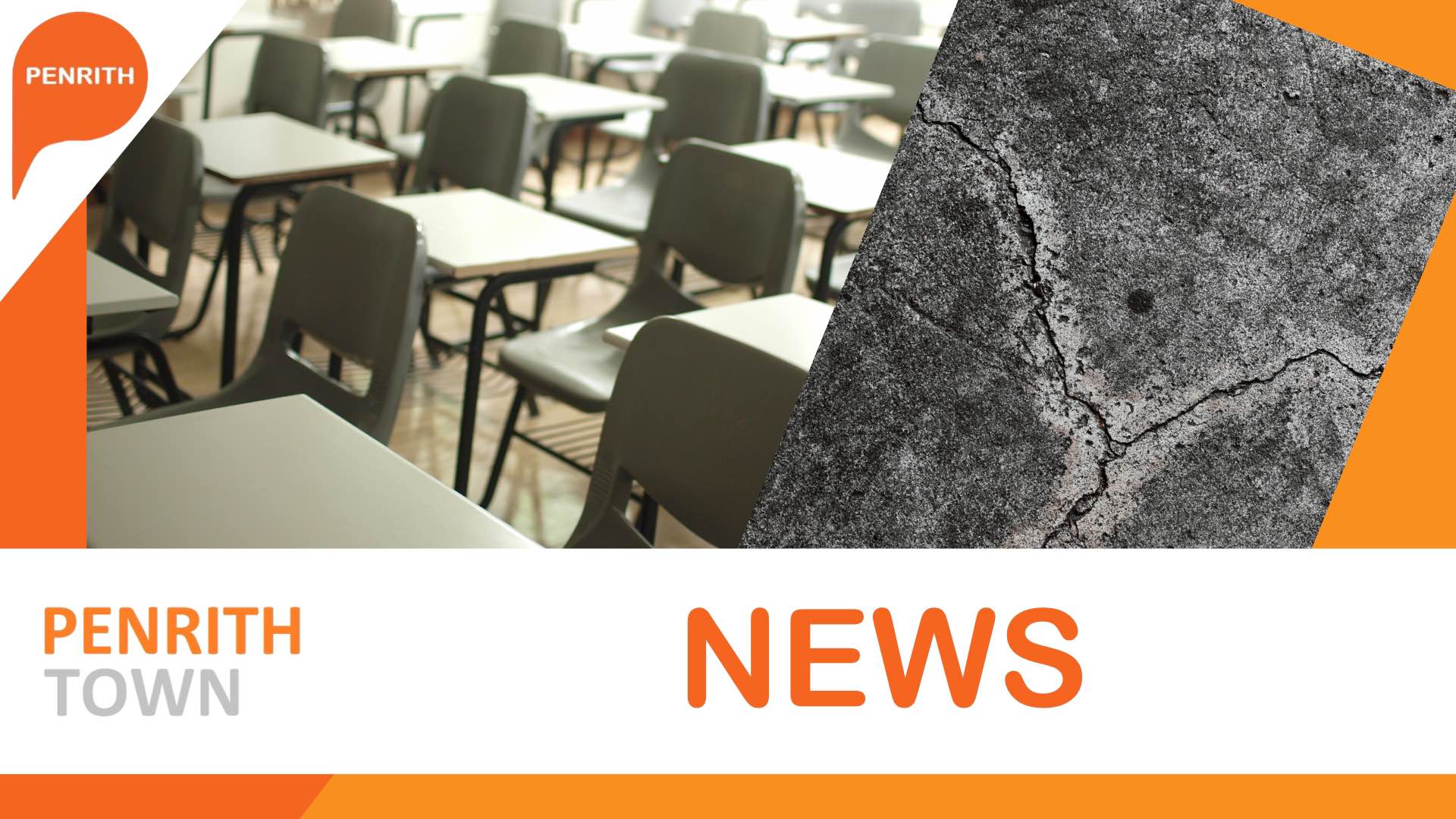
The Councils In Cumbria responsible for Education have issued statements today on the presence of RAAC (Reinforced Autoclaved Aerated Concrete) in schools across Cumbria.
Westmorland and Furness Council have in the last hour issued a statement regarding the potential presence of RAAC (Reinforced Autoclaved Aerated Concrete) in schools.
The council said it wanted to update parents and families on how this might impact schools here in Westmorland and Furness.
A programme of inspections for RAAC was instigated in all schools for which the authority is responsible for maintenance last year when concerns were first raised.
All schools that are now under Westmorland and Furness Council’s responsibility for maintenance, have been included in this programme and all surveys to date confirm that RAAC is not present the council has said.
Based on the outcome of those surveys Westmorland and Furness Council have said they are satisfied that schools under its responsibility for maintenance are not impacted.
The council expect all schools to open next week as planned.
Not all schools in Cumbria however have escaped from the situation. Cockermouth School is one in the country that has used reinforced autoclaved aerated concrete (RAAC).
A Cumberland Council spokesperson said: “We are aware of one school which has been identified as having some elements of its structure made by RAAC.
"Cumberland Council are working with the school and the Department for Education to provide support where necessary. The school are in contact with parents directly.”
Cockermouth School say that no classrooms are impacted by RAAC and that the affected areas in the school are in corridors.
In a statement issued to parents, Cockermouth School said: "Through recent survey work on the school site we are aware that there is a small amount of RAAC concrete in four specific areas of our school."
"We have been working with the Department for Education to ensure that a comprehensive inspection programme is in place so that risk is effectively managed."
"We have been informed by the Department for Education that as an additional precautionary measure to safeguard all users of these small areas, schools are to ensure that the areas of the school site affected are not used until further investigation and any mitigations required are complete."
Mark Jenkinson MP whos constituency includes Cockermouth said: “We have known about the issues with Reinforced Autoclaved Aerated Concrete for some time, and the Department for Education have been working with Cockermouth School to identify and manage risk."
"Changes to the national risk profile in recent days has meant changes to that management very close to the start of the new school term, though it is encouraging to see how swiftly the department, ministers and school leaders have responded to those changes."
“Despite the unfortunate late notice, ministers have worked incredibly quickly, liaising with affected schools, assigning caseworkers and project managers where necessary, and providing funding to manage risks."
“I have been working with Cockermouth School for some time to secure their place in the school rebuild programme which has recently been confirmed – and to ensure that the school is prioritised within the first tranche of Government funding."
Westmorland and Furness Council have been asked to provide details of the surveys conducted on it's schools and any potential risks found.
 Then select "Add to Home Screen"
Then select "Add to Home Screen"